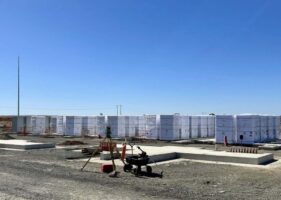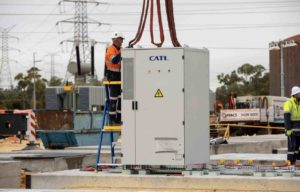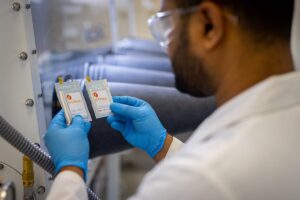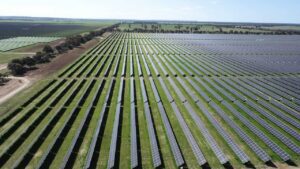American EV and battery energy giant Tesla recently switched on a 93MWh Megapack battery project in Alaska’s Kenai Peninsula which will replace gas turbines traditionally used to distribute power to the local community.
Announced back in 2019 shortly after Tesla revealed the Megapack, the Kenai Peninsula battery storage project was developed by local member-owned electric utility cooperative Homer Electric.
Expected to be able to cope with temperatures which can average -11° in Winter but can drop to as low as -30°C, the project will likely serve as an important test for Tesla’s of their Megapack’s ability to operate in harsh, freezing temperatures.
The 93MWh Megapack project will provide 46.5MWh of electricity per hour and allow Homer Electric “to meet its reliability requirements without having to burn additional fuel,” the company explained when they announced the project in 2019.
“The BESS also provides a great side benefit of opening the door to renewable intermittent energy projects that would have otherwise stretched current thermal generation assets,” the company added.
To mark the occasion, Tesla also published a short video about the project.
“Alaska’s Kenai Peninsula has historically relied on gas turbines to distribute power to the community up to four months out of the year,” Tesla said.
“To reduce the community’s reliance on fossil fuels to power the turbines, Homer Electric installed 37 Tesla Megapacks, providing grid stability even in freezing temperatures.”












